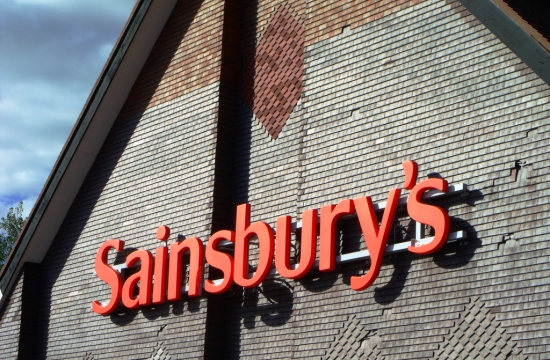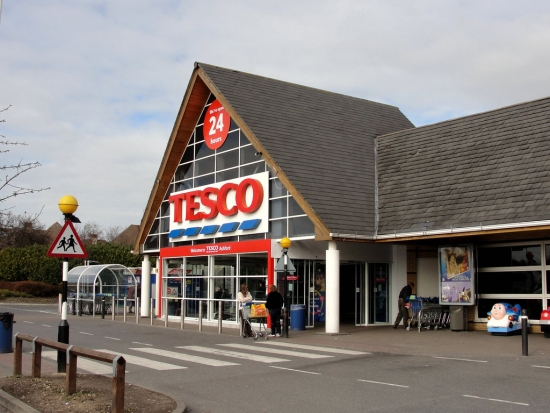The supermarket sector is one of the most competitive areas of the retail industry in the UK, with Tesco traditionally holding the number one spot despite stiff competition. However, if recent results are to be believed, the tide could be turning with Sainsbury’s close to snatching the supermarket giant’s crown.

Sainsbury’s like for like sales rocketed by 2 per cent in the three months to September 28th, with a large part of this success coming from a 20 per cent sales rise in its portfolio of small convenience stores. However, online sales also proved to be particularly strong, posting growth of 15 per cent in the second quarter.
Chief executive Justin King pointed out that these figures indicate that Sainsbury’s is currently the only supermarket brand managing to increase its market share on the UK platform. Sainsbury’s controls a 16.6 per cent market share in the UK, meaning it is hot on Tesco’s heels and could even overtake its number one rival in the coming months.
He said; “Our groceries online business grew by over 15 per cent in the quarter and is now worth over £1 billion in annual sales.
“Our convenience business grew 20 per cent year on year as customers topped up more frequently during the warm summer weather.”
By contrast, it appears that a dark cloud is hanging over Tesco. The group reported a 23.5 per cent drop in first half profits – a fact it has put down to challenging conditions in its European and Asian businesses.

While UK trading profits for the first half rose by 1.5 per cent to £1.13 billion, like for like sales for the period fell by 0.5 per cent, putting it well behind Sainsbury’s in this category. Furthermore, group profit margins fell from 5.4 per cent to 4.9 per cent, demonstrating the toll tough competition from budget chains such as Lidl and Aldi is taking.
Philip Clarke, chief executive of Tesco, believes that the disappointing figures do not necessarily show the full picture as he claims Tesco has continued to strengthen its UK business over the first half. However, he concedes that the economic conditions could still be putting a strain on Tesco customers.
He says; “There is less pessimism around, but customers are still not seeing real disposable incomes improve. They are, perhaps, feeling a little better about the future.”
Tesco is currently in the process of implementing a £1 billion programme of improvements, which will see many of its larger stores overhauled and small areas of commercial space used as concessions by other retailers. Product ranges and online availability will also be addressed, while more staff will be taken on to optimise customer service.
Yet it could well be that these improvements are simply too little, too late, with Sainsbury’s consistently posting results which could easily threaten Tesco’s position as the number one UK supermarket brand. Perhaps Mr Clarke should be paying close attention to operations at Sainsbury’s in order to pinpoint exactly where his group is falling short.
Do you think Tesco will be overtaken by Sainsbury’s, or does the larger brand have enough loyal customers to prevent this from happening?